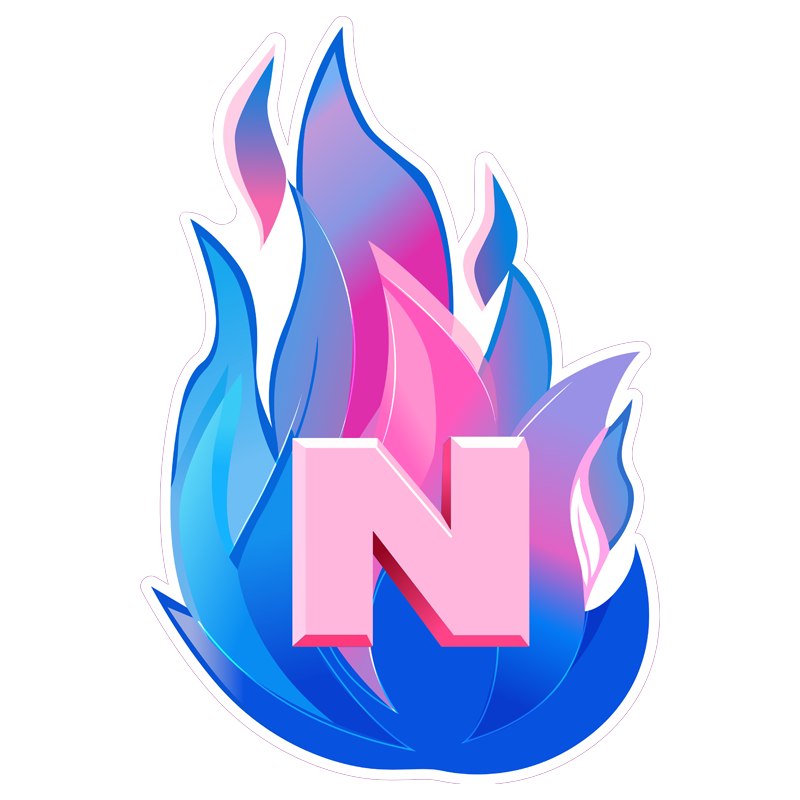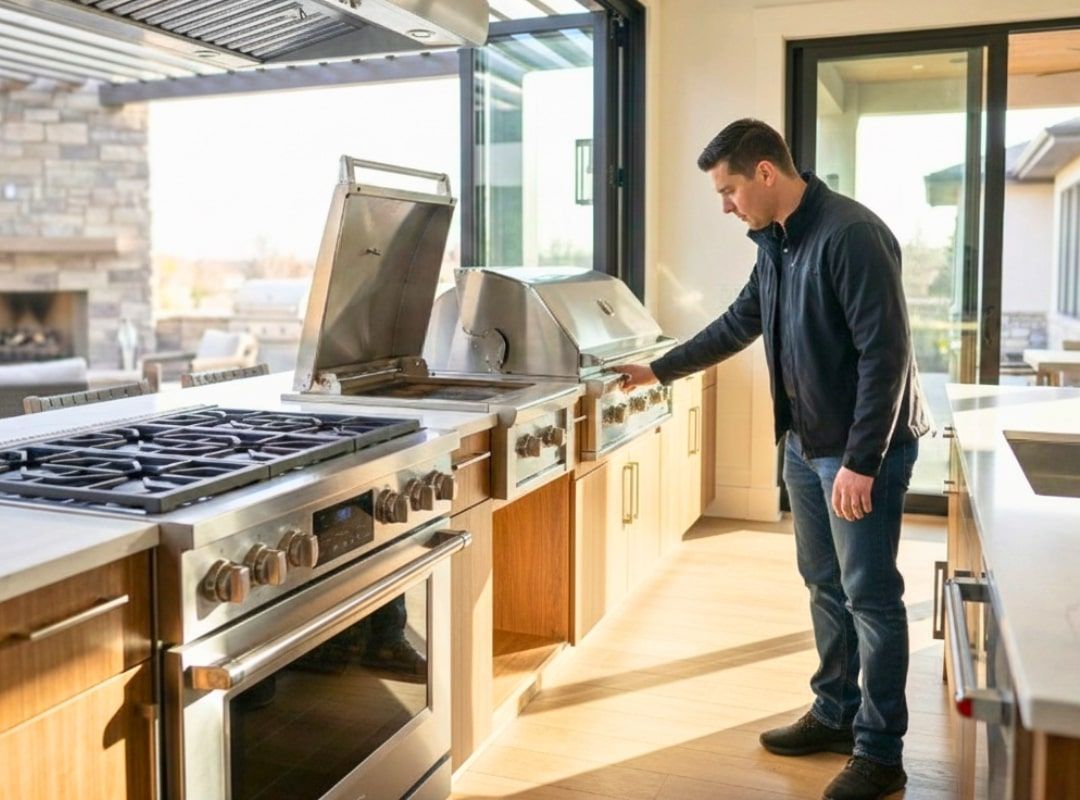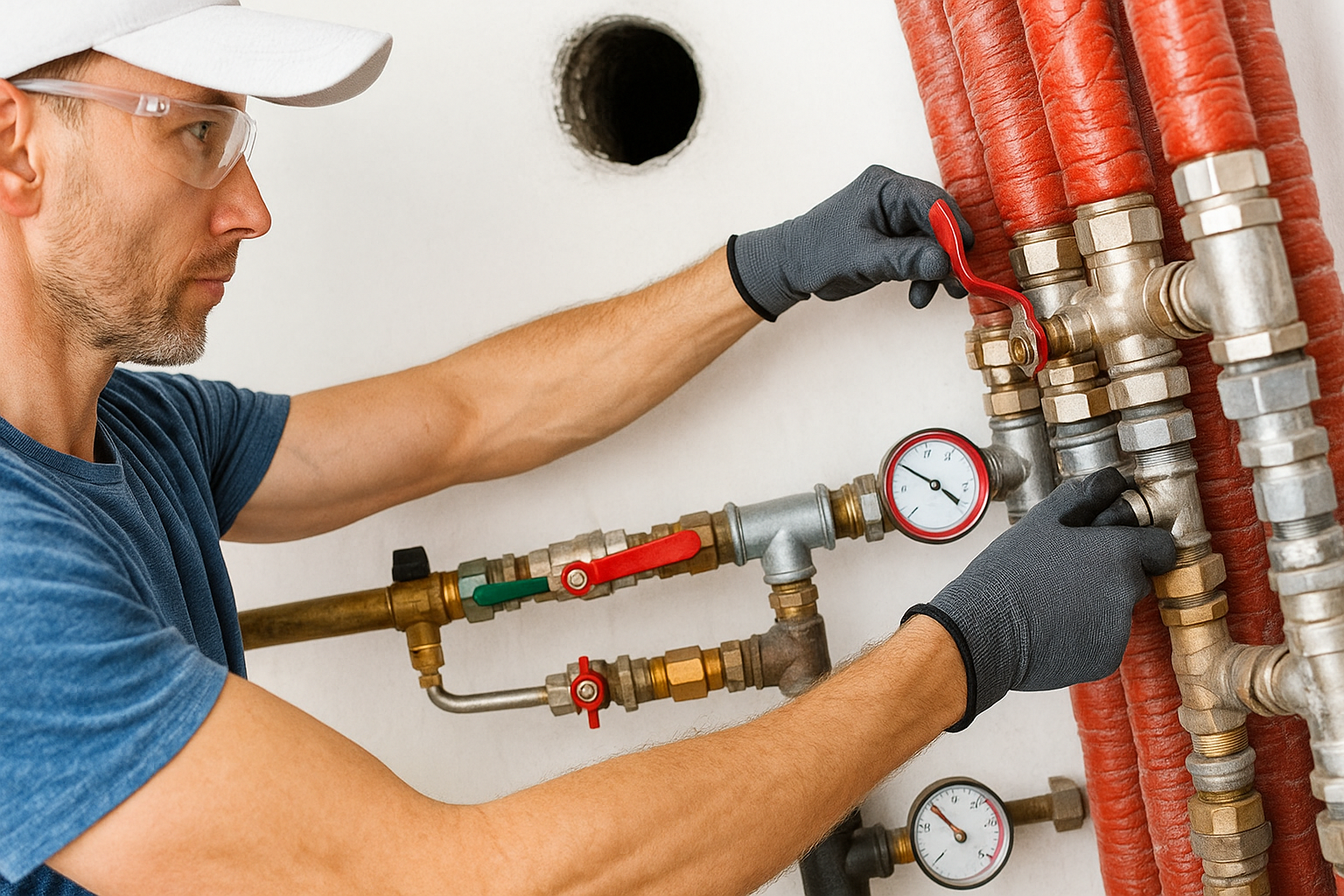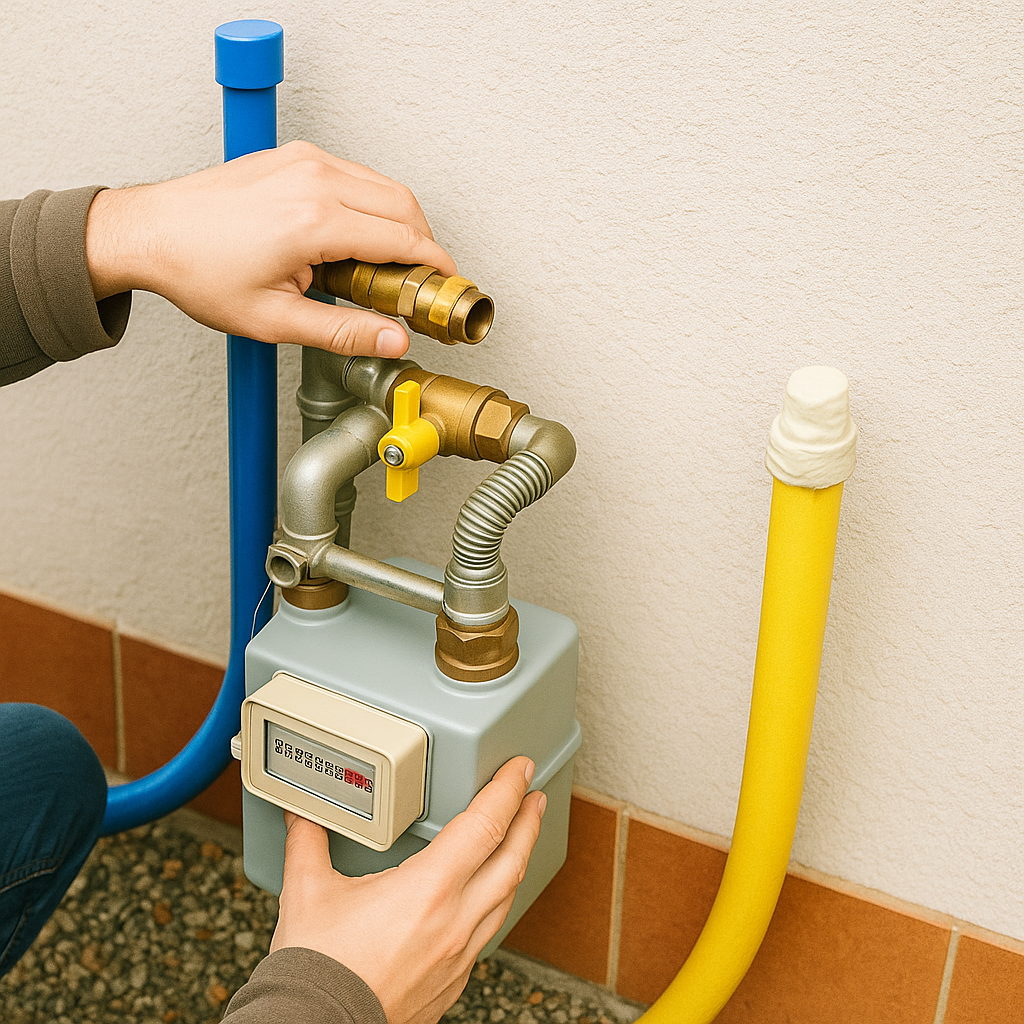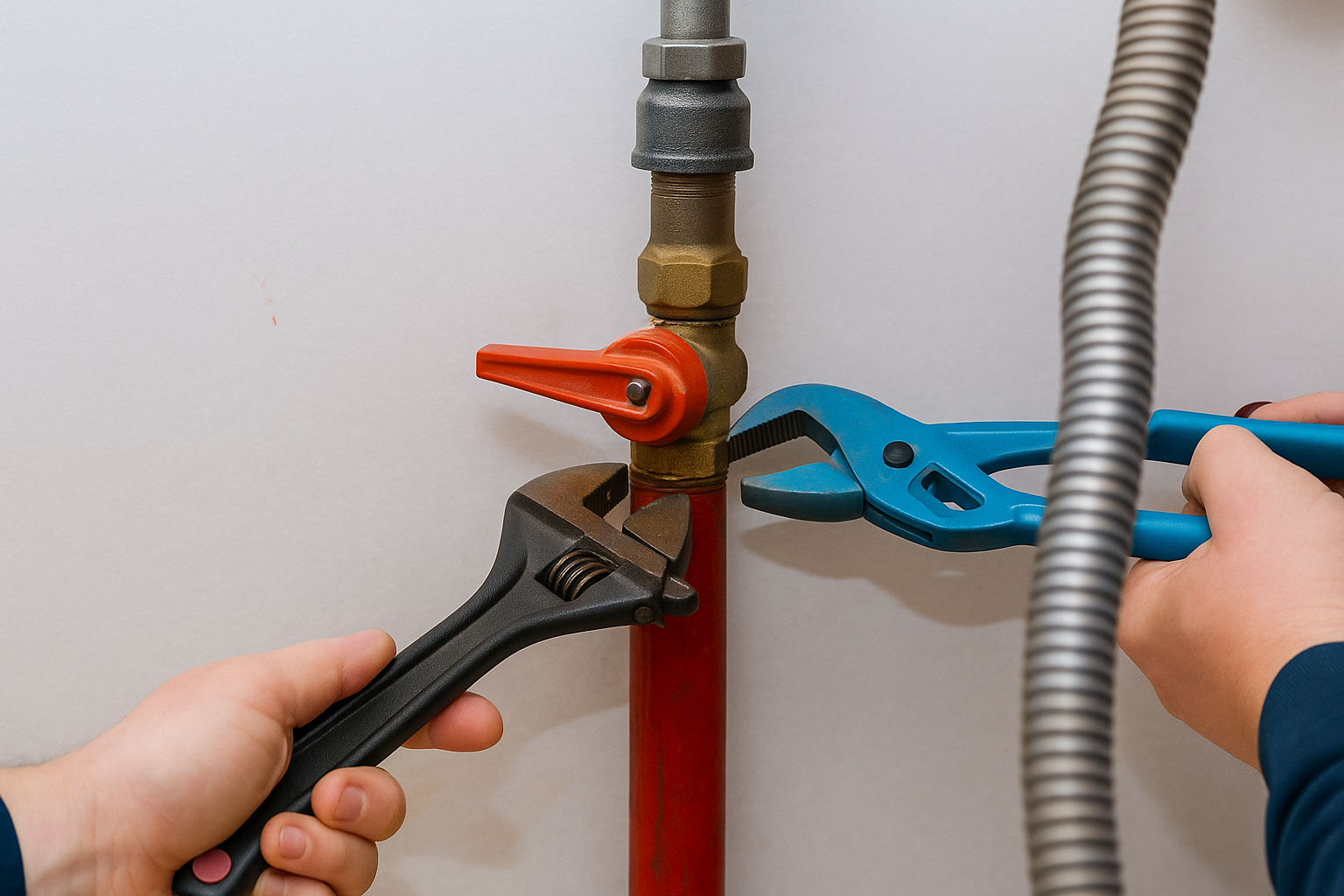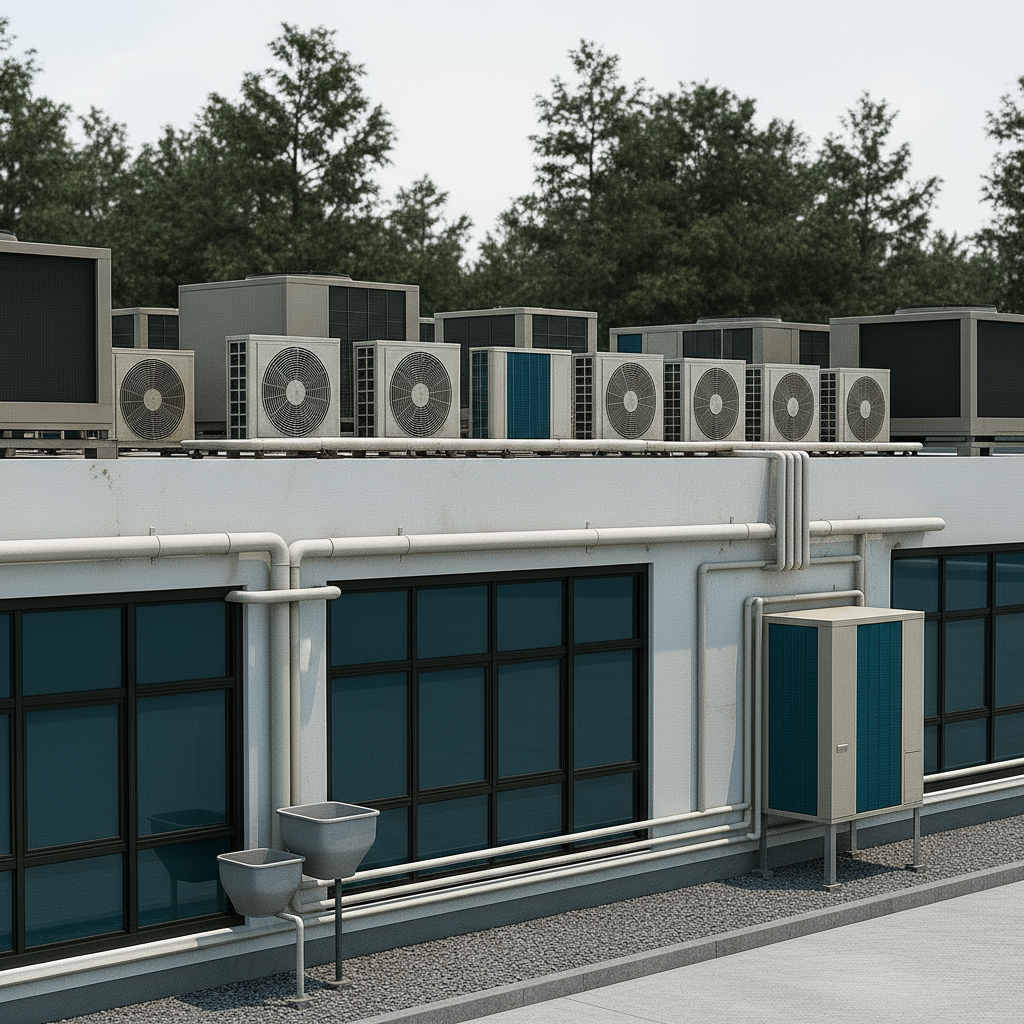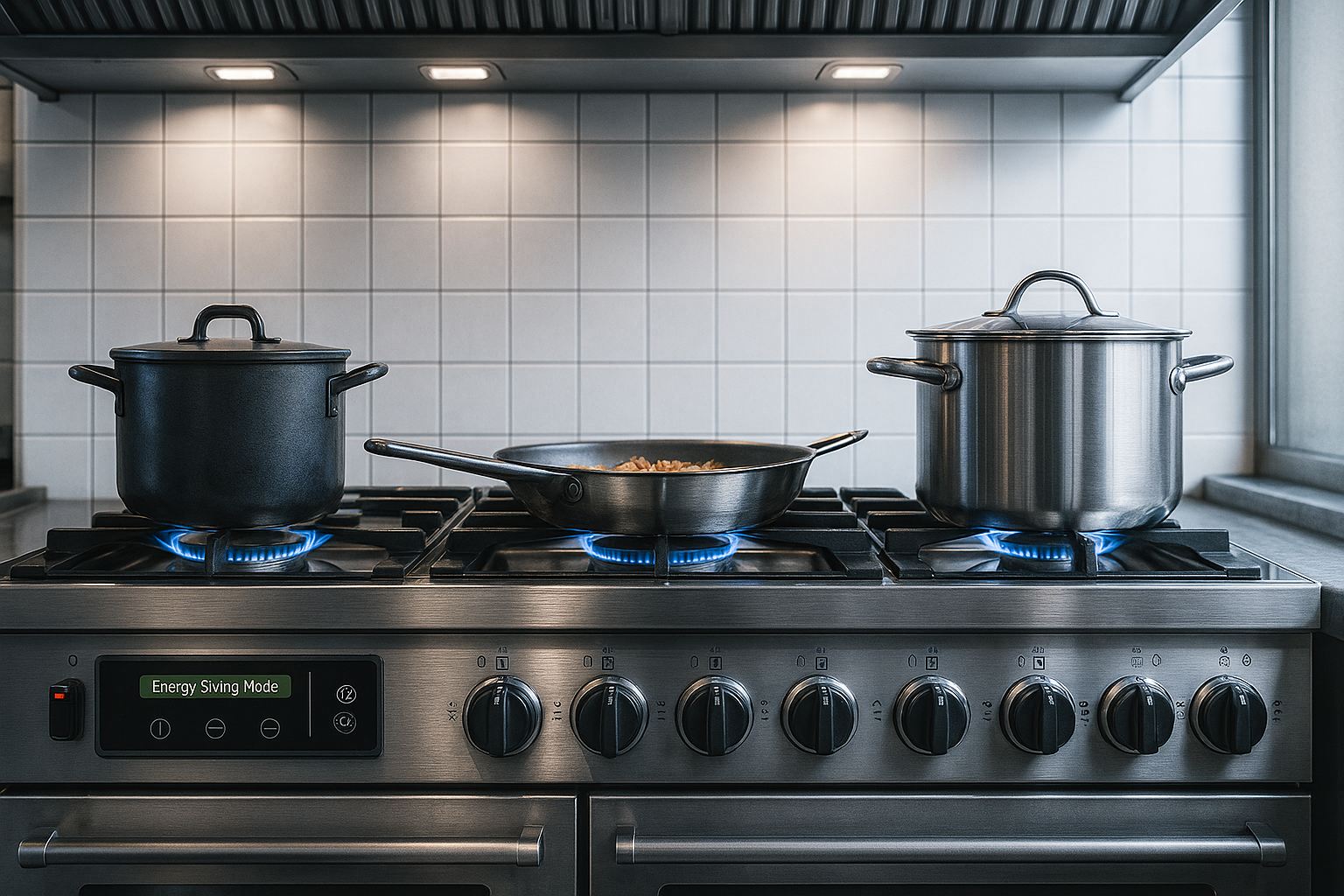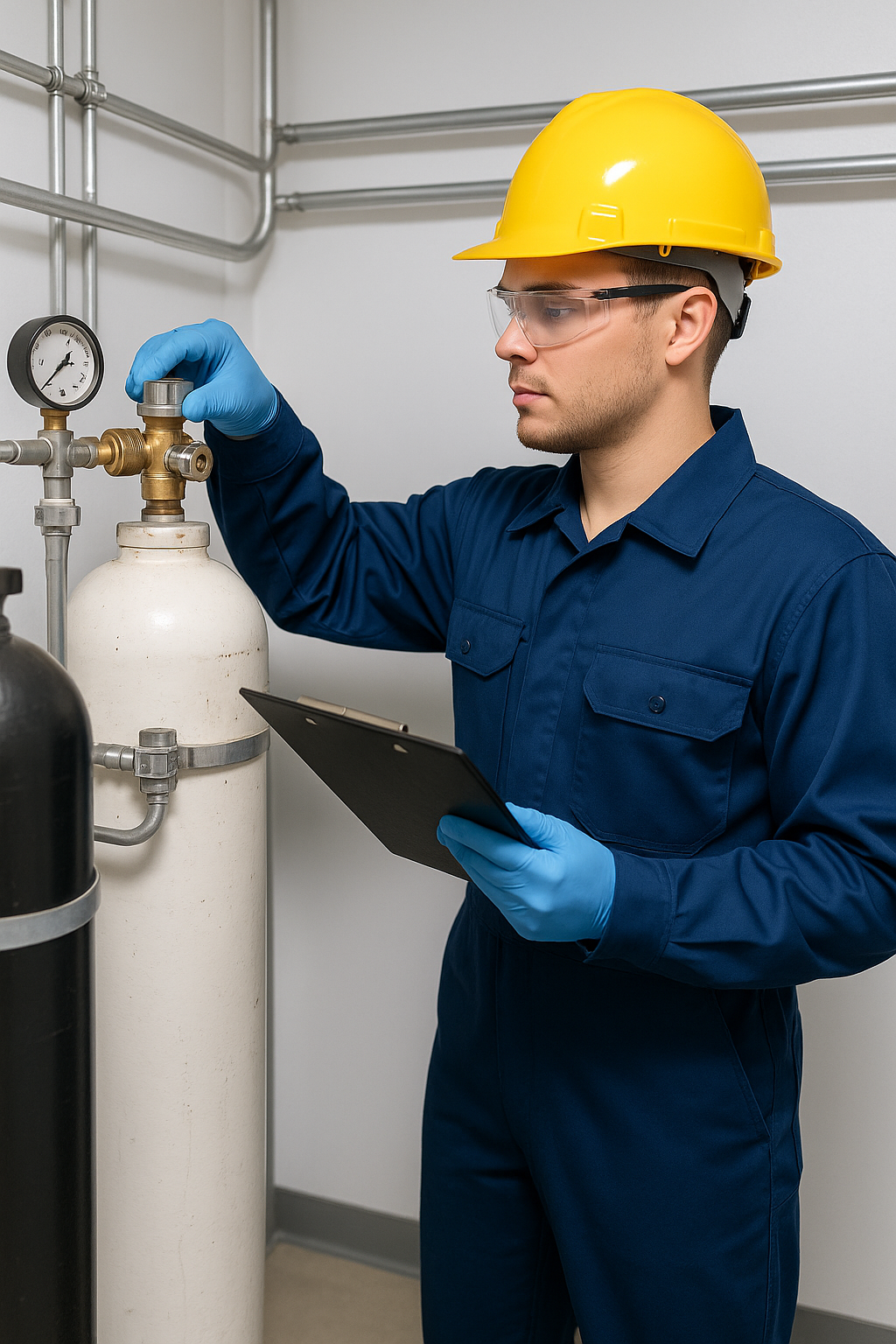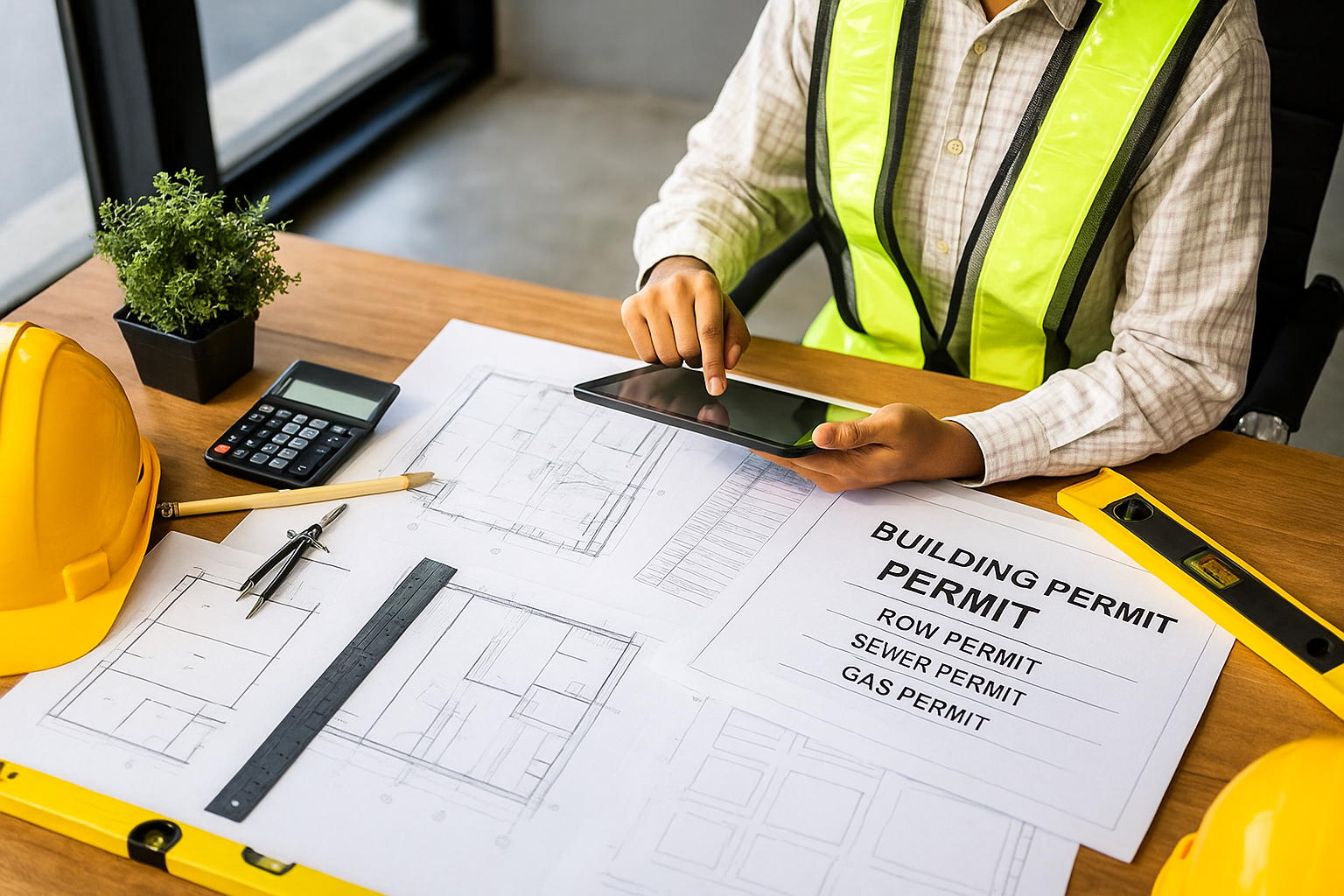Is It Time for a Gas Fireplace Cleaning or Tune-Up?
TLDR;
Yes, it’s time for a gas fireplace cleaning or tune-up if it’s been over a year since your last service, or if you notice issues like strange smells, soot buildup, pilot light problems, or even your fireplace not working. Regular maintenance keeps your system safe, efficient, and long-lasting — and Nova Gas Works recommends scheduling before colder months hit.
Why Gas Fireplace Maintenance Should Never Be Skipped
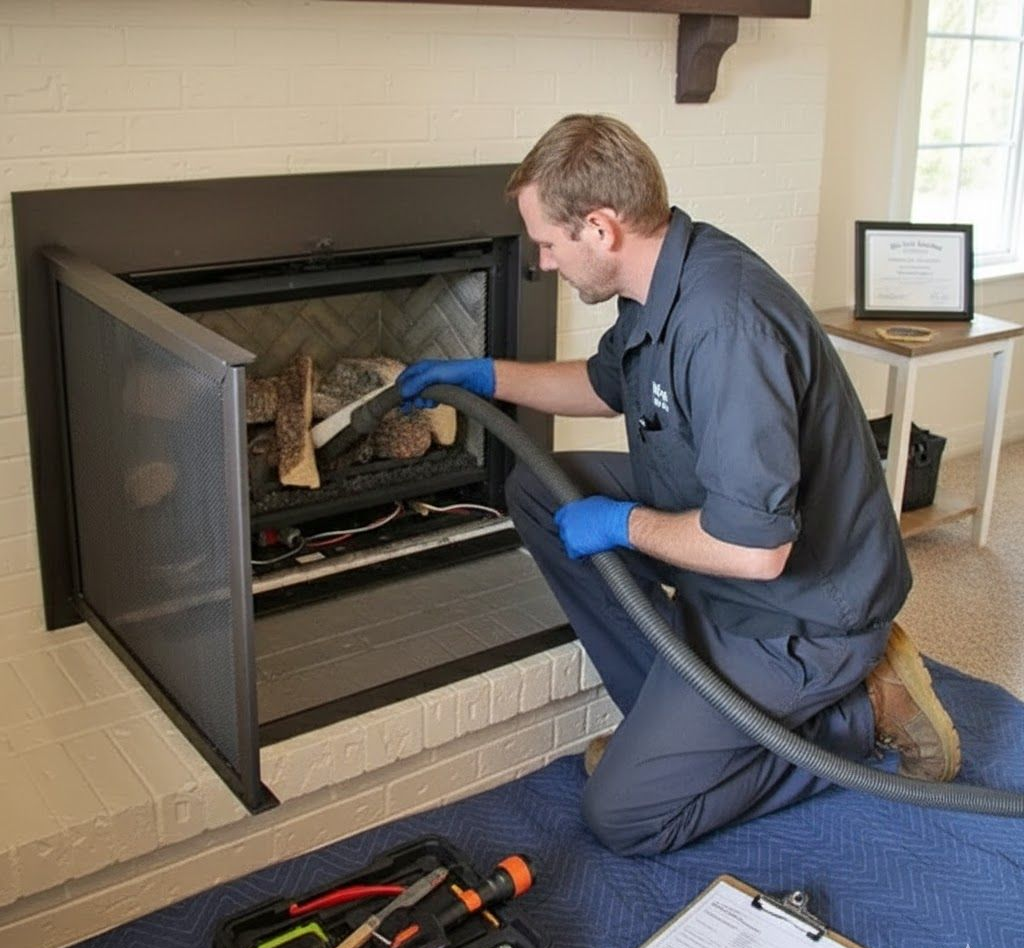
Gas fireplaces are marketed as “low maintenance,” but that doesn't mean “no maintenance.” Whether you use yours occasionally or daily through the winter, dirt, dust, and wear gradually accumulate inside. Without proper attention, even the most advanced systems can develop dangerous and costly issues.
Neglecting basic maintenance can lead to:
- Carbon monoxide leaks
- Gas leaks or fire hazards
- Poor heat efficiency and higher bills
- Shortened equipment lifespan
- Voided manufacturer warranties
Nova Gas Works has serviced countless gas fireplaces in Northern Virginia and the D.C. area, offering
fireplace repair & maintenance services that save money and keep families safe.
Signs Your Gas Fireplace Needs Attention
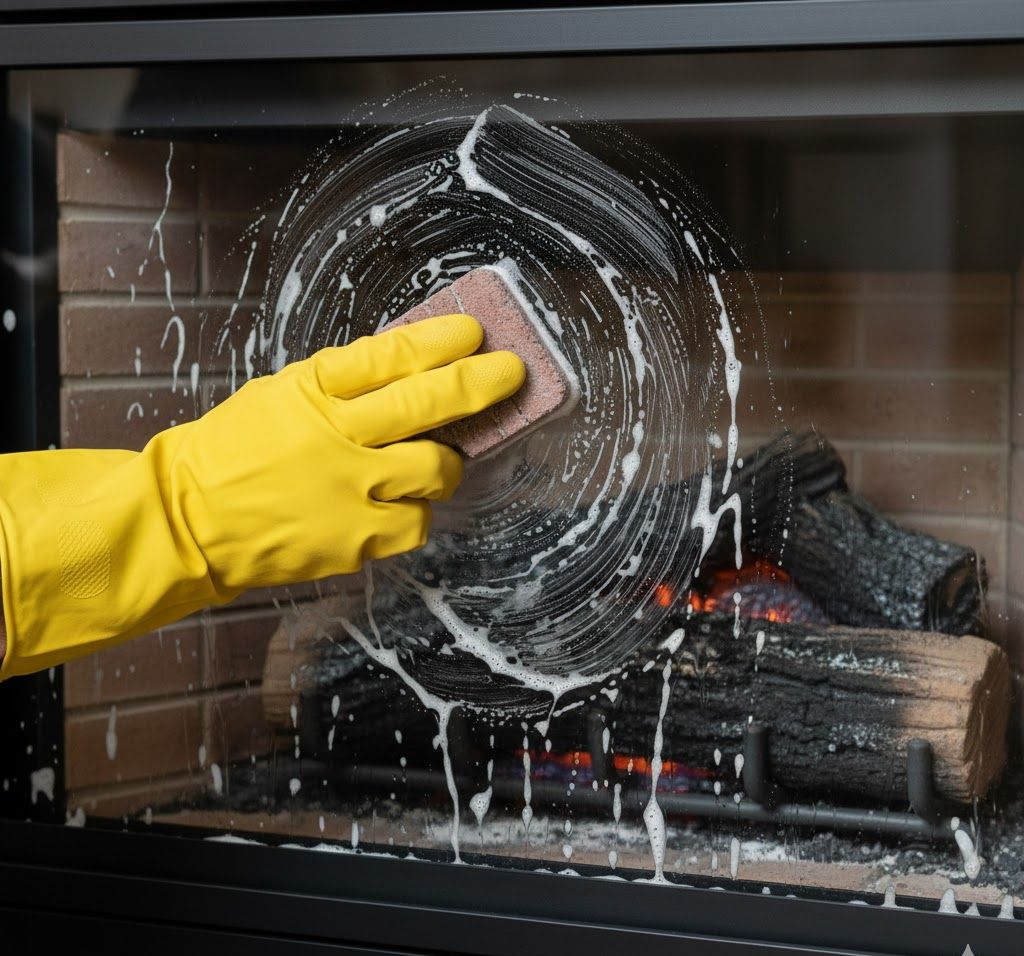
How to Tell If a Gas Fireplace Needs Cleaning or Service
Many homeowners don’t realize their gas fireplace needs servicing until it starts acting up. Here are some common signs it’s time to call in a professional:
- Soot buildup
Excess black residue on the logs, interior walls, or glass is not normal. It often signals incomplete combustion or clogged components. - Pilot light problems
If the pilot light won’t stay lit, flickers out, or takes longer to ignite, it may indicate a failing thermocouple or debris buildup in the ignition assembly. - Unusual smells
A “rotten egg” smell could mean a gas leak — evacuate and call emergency services immediately. Musty or burning odors may indicate dust burning off or airflow problems. - Cloudy or dirty glass
Over time, white haze or deposits can develop on the fireplace glass. This usually points to condensation or mineral buildup from improper venting or low-quality fuel. - Weird sounds
Clicking, popping, or whooshing noises may mean there’s an obstruction in the vent or an issue with the burner. - Inconsistent flames or poor heat output
If the flame is small, yellow instead of blue, or not providing enough warmth, something is disrupting gas flow or combustion.
Book Your Cleaning Today!
The Benefits of Regular Gas Fireplace Cleaning and Tune-Ups
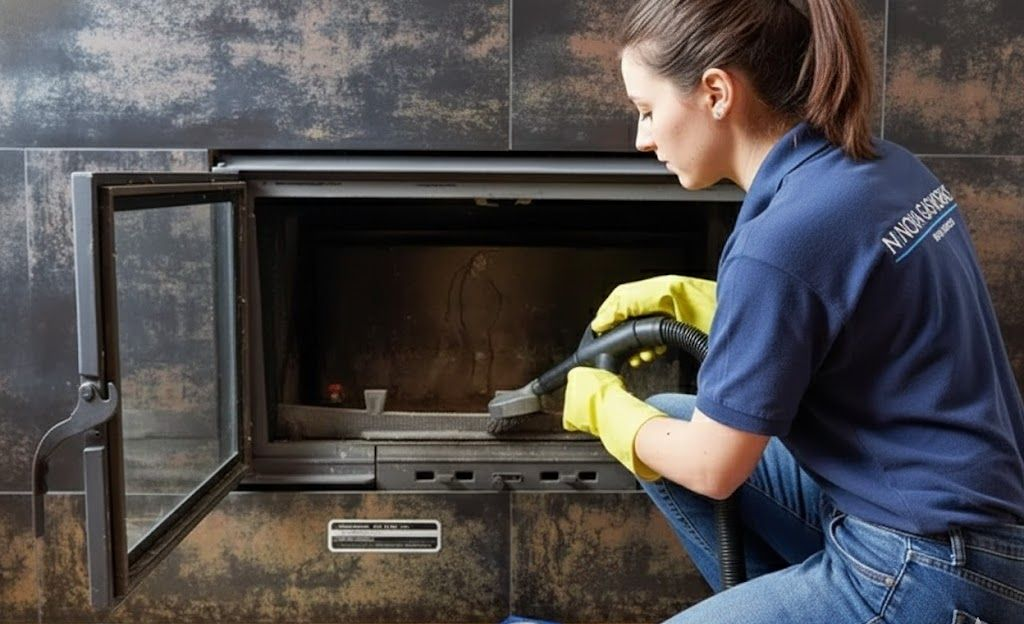
Why Schedule Annual Fireplace Service?
You wouldn’t drive your car 50,000 miles without an oil change — and the same logic applies to your gas fireplace. Here’s why annual service is essential:
- Safety
Routine inspections catch dangerous issues early, like cracked heat exchangers or carbon monoxide leaks. - Efficiency
A clean burner and venting system means more heat with less fuel consumption. - Cost savings
Small problems fixed early prevent expensive repairs later. - Extended lifespan
A fireplace that’s well cared for can operate reliably for decades. - Preserved warranty
Many manufacturers require proof of annual maintenance to keep warranties valid.
Nova Gas Works includes a full safety inspection and tune-up checklist with every service visit, so you know your system is in good hands.
Safe DIY Maintenance Tips for Gas Fireplaces
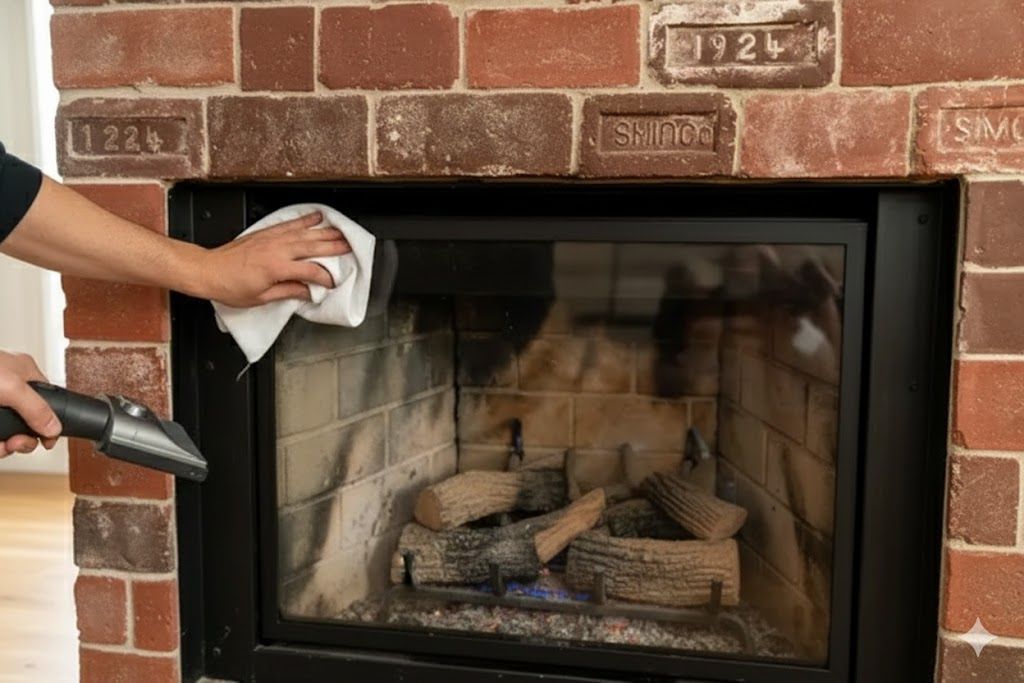
What Homeowners Can Do Between Professional Visits
While many tasks should be left to licensed gas contractors, there are a few steps you can take to keep your fireplace running smoothly between annual tune-ups:
- Clean the glass
Use a soft cloth and a gas fireplace-safe glass cleaner to remove buildup. Never scrape or use abrasive tools. - Dust the logs and interior
Turn off the gas, wait until everything cools, then gently vacuum the firebox with a brush attachment. - Inspect for obvious damage
Look for cracks in the glass, loose wires, or rust around the burner. - Check the vent termination outside
Ensure nothing is blocking airflow, like leaves or animal nests.
Important: Never attempt to adjust gas lines, pilot assemblies, or burners on your own. These components should only be serviced by certified technicians who provide expert
gas line inspection & maintenance through Nova Gas Works.
What to Expect From a Professional Fireplace Tune-Up
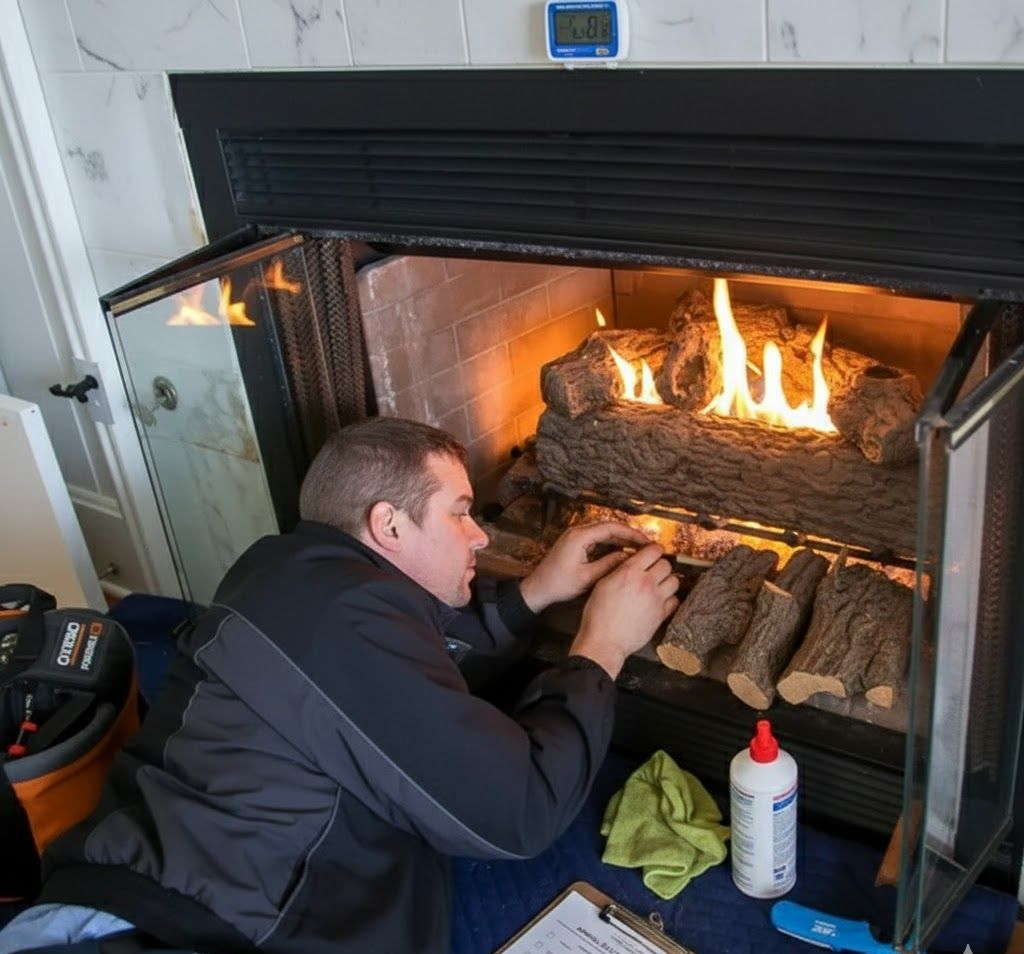
What Does a Fireplace Tune-Up Include?
Hiring a qualified professional ensures your fireplace isn’t just clean — it’s functioning safely and optimally. A typical tune-up service from Nova Gas Works includes:
- Full system inspection
Technicians check all gas lines, ignition systems, seals, and safety valves. - Glass and log cleaning
We use approved solutions to remove buildup from the glass and carefully clean and reposition logs. - Burner and pilot assembly cleaning
Soot and debris are cleared to ensure proper gas flow and ignition. - Ventilation inspection
We examine direct vent or B-vent systems to verify nothing is obstructed. - Gas pressure testing
Proper gas pressure ensures efficient combustion and stable operation. - Carbon monoxide testing
We test for harmful leaks to guarantee safety.
Professional servicing isn’t just a luxury — it’s a responsibility for anyone who wants peace of mind and top performance, whether you need
fireplace installation for a new system or
fireplace replacement for an older unit.
Book Your Cleaning Today!
How Often Should You Service a Gas Fireplace?
Fireplace Maintenance Calendar and Best Practices
The general rule of thumb is once per year, preferably before the heating season begins. But usage, age, and installation type can affect the schedule:
- Heavy use (daily in winter): Once every 12 months
- Occasional use: Every 1–2 years
- After renovations or dusty projects: Immediate inspection recommended
- Before home sales: Tune-up adds appeal and assurance for buyers
Best practice: Schedule your tune-up in late summer or early fall. It’s easier to get an appointment, and your fireplace will be ready before cold weather hits.
Common Problems Prevented by Routine Fireplace Maintenance
Gas Fireplace Issues You Can Avoid With Regular Care
Many costly or dangerous problems are entirely preventable with regular cleaning and inspections. These include:
- Clogged burners
Dust and debris can reduce gas flow, causing uneven flames and heat loss. - Cracked or corroded components
Without inspection, heat damage or corrosion may go unnoticed until a part fails. - Ventilation blockages
Birds, leaves, or debris in the vent can lead to dangerous carbon monoxide buildup. - Faulty thermocouples or ignition systems
These issues often start small and worsen over time if not cleaned and adjusted. - Gas leaks
Loose connections or damaged pipes can go undetected without routine checks.
At Nova Gas Works, we help homeowners prevent these issues before they start — keeping families safer and homes warmer.
